

Looking to buy brass threaded rod? This comprehensive guide covers everything you need to know, from understanding different grades and sizes to selecting the right product for your specific application. We'll also explore the benefits of using brass, common applications, and where to find high-quality brass threaded rod at competitive prices.Understanding Brass Threaded RodBrass threaded rod is a type of fastener used in various applications where corrosion resistance, electrical conductivity, and non-magnetic properties are crucial. It's made from a copper-zinc alloy, offering excellent machinability and aesthetic appeal. Understanding the different types and grades is essential for making the right choice.What is Brass?Brass is a metallic alloy composed primarily of copper and zinc. The specific proportions of these elements can vary, resulting in different types of brass with varying properties. For example, higher zinc content can increase strength and ductility but may also reduce corrosion resistance.Common Brass Grades for Threaded RodSeveral brass grades are commonly used for manufacturing brass threaded rod. Here are a few examples: C360 Brass (Free-Cutting Brass): This grade is known for its excellent machinability, making it ideal for high-volume production. It contains a small amount of lead, which further enhances its cutting properties. C385 Brass (Architectural Bronze): C385 offers good corrosion resistance and is often used in architectural applications. C260 Brass (Cartridge Brass): While not as common as C360, C260 offers good ductility and strength.Sizes and Dimensions AvailableBrass threaded rod is available in a wide range of sizes and dimensions, typically conforming to standard thread specifications such as: UNC (Unified National Coarse): A common thread standard used in North America. UNF (Unified National Fine): Provides a finer thread pitch, often preferred for applications requiring greater precision. Metric: Widely used globally, specified in millimeters.Common diameters range from small sizes like 1/4 inch (M6) to larger diameters such as 1 inch (M24) or more. Lengths are also customizable, with standard lengths readily available and custom cutting options offered by many suppliers. When you buy brass threaded rod, you'll want to consider the required diameter and length based on your project's specific needs.Benefits of Using Brass Threaded RodChoosing brass threaded rod offers several advantages over other materials like steel or stainless steel.Corrosion ResistanceBrass exhibits excellent resistance to corrosion in various environments, including fresh water, salt water, and many chemical solutions. This makes it ideal for applications where exposure to moisture or corrosive substances is a concern.Electrical ConductivityBrass is a good conductor of electricity, making it suitable for electrical and electronic applications. Its conductivity is lower than copper but higher than steel.Non-Magnetic PropertiesBrass is a non-magnetic material, which is essential in applications where magnetic interference is undesirable, such as in sensitive electronic equipment.Aesthetic AppealBrass has a distinctive golden color that makes it visually appealing for decorative and architectural applications. It can be polished to a high shine or left to develop a natural patina over time.Common Applications of Brass Threaded RodBrass threaded rod is used in a wide variety of industries and applications.PlumbingDue to its corrosion resistance, brass is commonly used in plumbing fixtures and fittings, including threaded rods for securing pipes and supports.Electrical and ElectronicsBrass's electrical conductivity and non-magnetic properties make it suitable for electrical connectors, grounding rods, and other electronic components.Marine ApplicationsThe saltwater corrosion resistance of brass makes it a good choice for marine hardware, including threaded rods used in boat building and repair.Architectural and Decorative UsesBrass's aesthetic appeal and corrosion resistance make it popular for architectural hardware, decorative elements, and signage.Factors to Consider When Buying Brass Threaded RodWhen you buy brass threaded rod, consider these factors to ensure you're making the right choice:Grade of BrassChoose the appropriate brass grade based on the specific requirements of your application. Consider factors like machinability, corrosion resistance, and strength.Thread Size and PitchEnsure the thread size and pitch match the mating components. Using the correct thread specifications is crucial for proper assembly and functionality.Length and DiameterSelect the appropriate length and diameter based on the load-bearing requirements and spatial constraints of your application. Accurate measurements are essential.Supplier ReputationChoose a reputable supplier known for providing high-quality products and reliable customer service. Research the supplier's reputation and read reviews before making a purchase. Companies like Hebei Muyi Import&Export Trading Co.,Ltd are known for quality brass products.Where to Buy Brass Threaded RodYou can buy brass threaded rod from various sources, including:Online RetailersOnline retailers offer a wide selection of brass threaded rod with competitive pricing and convenient shipping options. Be sure to check product specifications and supplier ratings before making a purchase.Hardware StoresLocal hardware stores typically stock a limited selection of brass threaded rod. This option is convenient for small quantities or urgent needs, but pricing may be higher than online retailers.Specialty Fastener SuppliersSpecialty fastener suppliers offer a wide range of brass threaded rod in various grades, sizes, and lengths. They can also provide expert advice and custom cutting services.Brass Threaded Rod: Data and SpecificationsThis table provides a general overview of the properties of different brass alloys commonly used for threaded rods. Note that these values may vary depending on the specific composition and manufacturing process. All data sourced from Copper Development Association Inc. Brass Alloy Tensile Strength (ksi) Yield Strength (ksi) Elongation (%) Electrical Conductivity (%IACS) C36000 (Free-Cutting Brass) C38500 (Architectural Bronze) C26000 (Cartridge Brass) ConclusionChoosing the right brass threaded rod requires careful consideration of factors such as grade, size, and application requirements. By understanding the benefits of brass and following the guidelines outlined in this guide, you can ensure you select the perfect product for your needs.



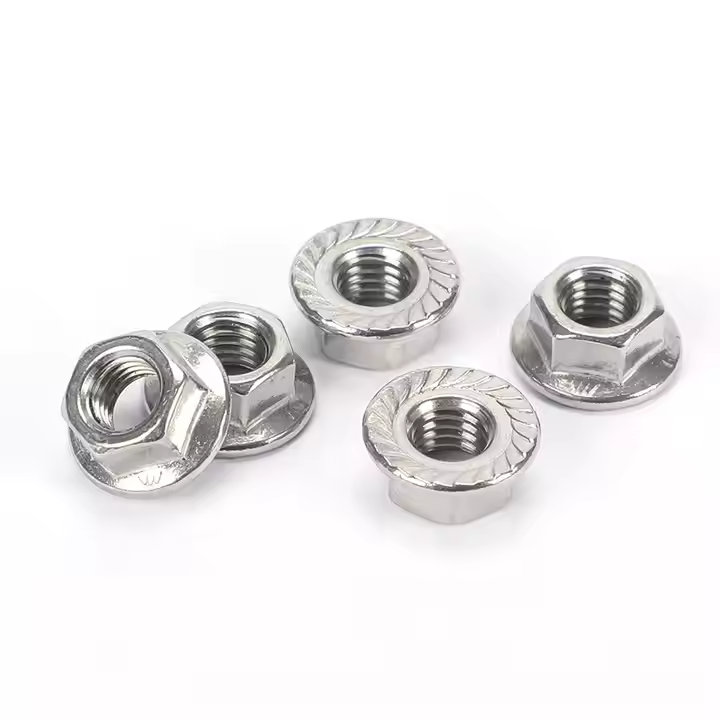

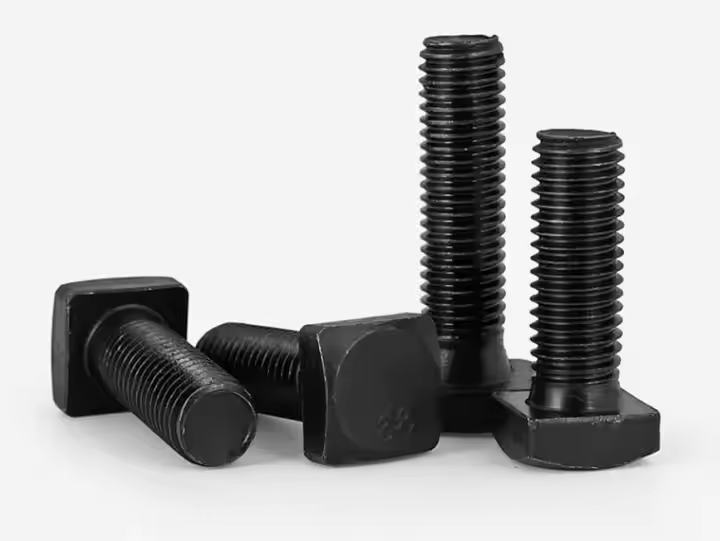
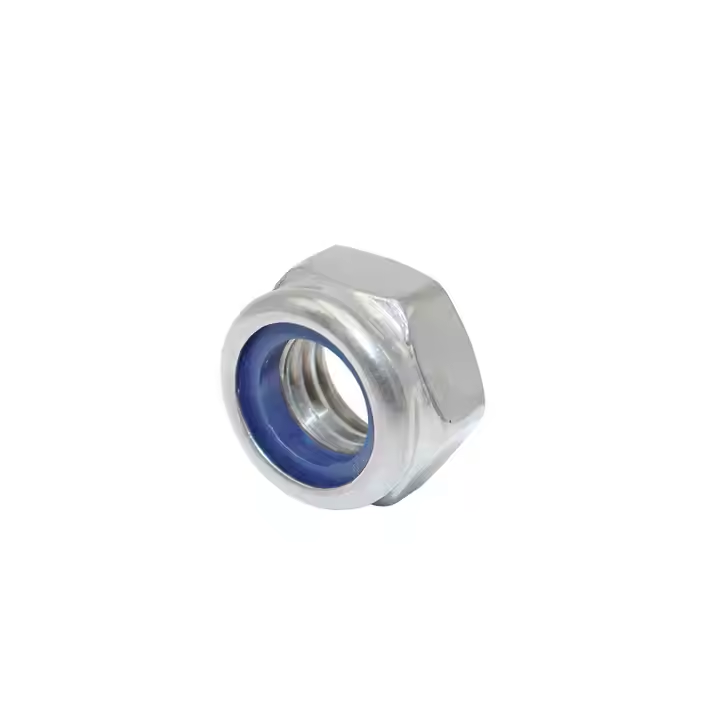
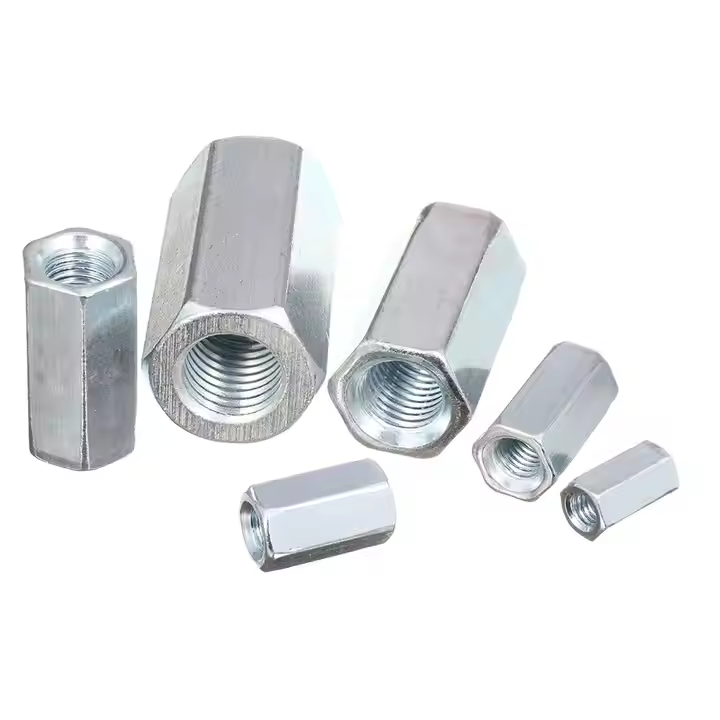
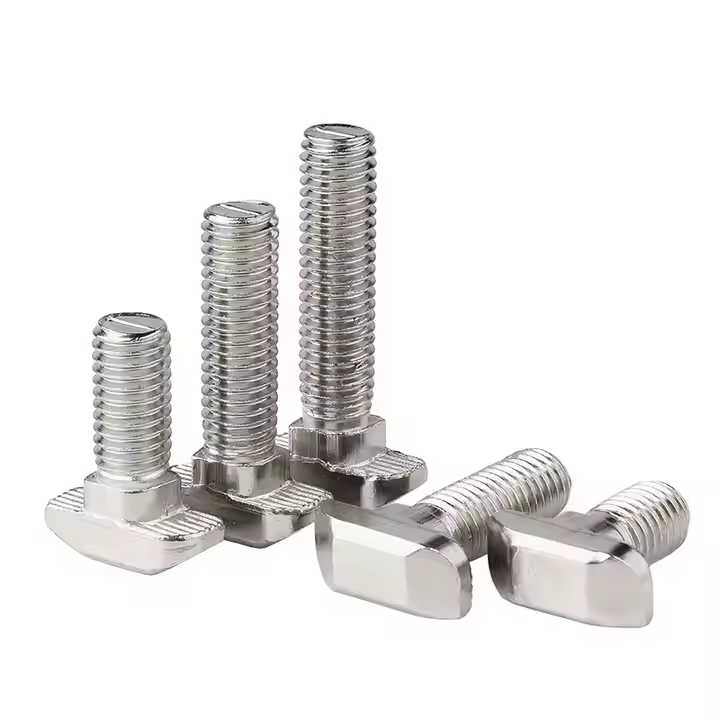


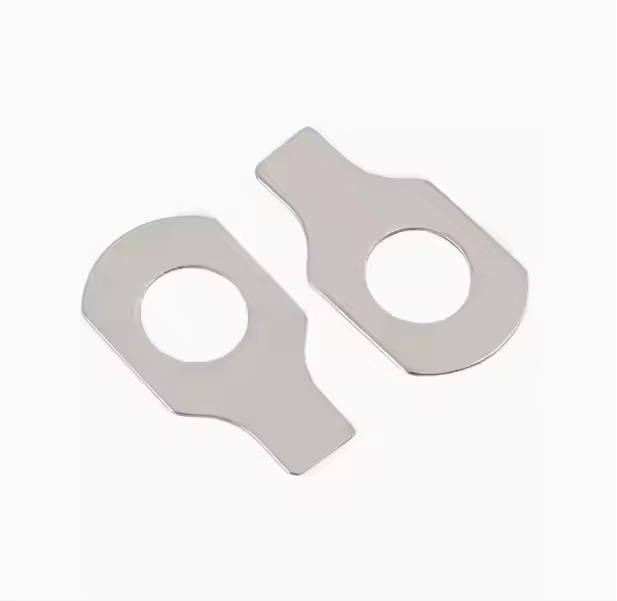
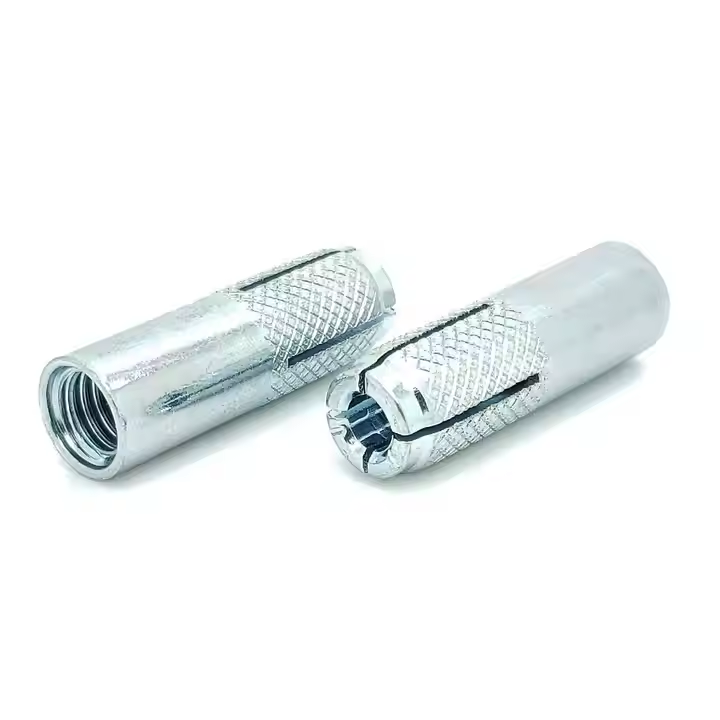
Please enter your email address and we will reply to your email.